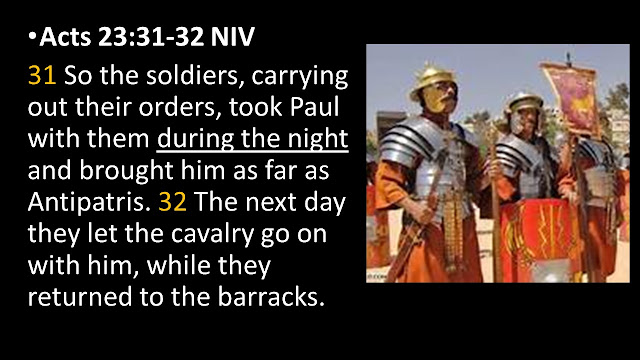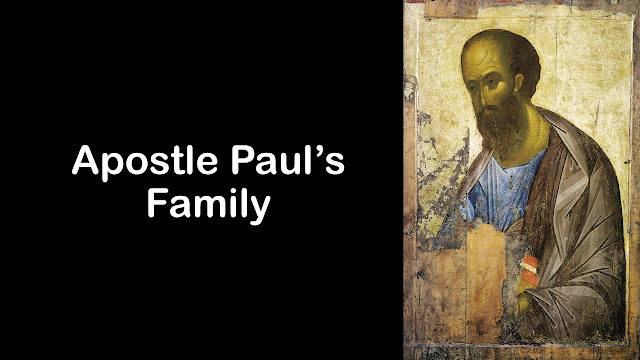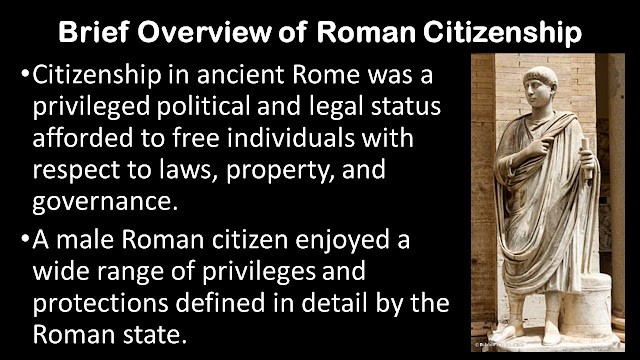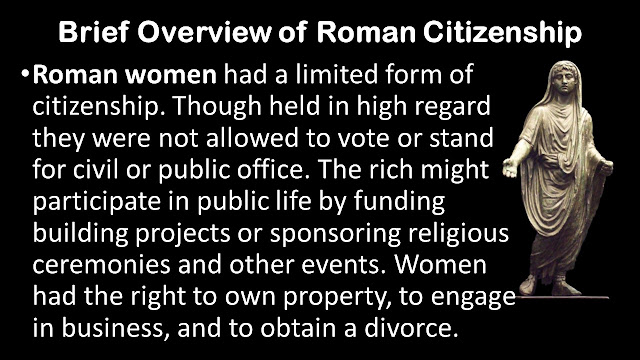We are called to be a light in a darkened world.
Many people never heard the good news of Jesus Christ. Oh, they heard His name—generally as an expletive—but were never told that we are sinners in need of a Savior. We heard about Jesus because someone reached out to us; perhaps a parent, a friend or even a neighbor, who first shared the gospel with us, that led us to faith in Jesus Christ. Perhaps in these uncertain times, Jesus is calling us to do the same.
God could very well be talking to the USA, proclaimed throughout our history as "One Nation under God". His Word is eternal. How do we, as a Nation, turn back to God? Perhaps one person at a time.
Our Sunday class was not held in 2020 due to the covid-19 shutdown, which is why I created this blog. The question before us is how can we be a light in a darkened world. We have resumed in 2021 with our Sunday morning studies. Please join us.
Chapters 23–26 covers a two-year period of time from the summer of AD 58 to the fall of AD 60. There is a lot of background information in this chapter, so it was divided into two parts. Yes, I know you read Acts several time, but did you also delve into the background information to further understand its message? Now is your opportunity, as we continue with Chapter 23.
The Sanhedrin were the Jewish religious leaders, the very ones responsible for Jesus' crucifixion.
They retained the same sense of pride and jealously that killed Jesus. If they accepted Jesus as Messiah, their authority would cease. No one in power, readily relinquishes their power, and generally will do anything to retain it. Sadly, we are seeing it in our own federal government. Definitely a call for prayer.
But, their power was to cease a lot sooner than they anticipated when Jerusalem was destroyed by the Romans in AD 70, only a decade later than the events reported in the Book of Acts.
Jewish outrage against Paul did not subside, yet the Pharisees found no guilt in Paul, especially being a Pharisee, himself. The Sadducees claimed there was no after life, and no angels. If Jesus had risen, as Paul claimed, their denial of an afterlife would be totally debunked.
While still under arrest, Jesus appeared to Paul. We see the sovereignty of God in this verse. Paul would now be going to Rome in accordance with the Sovereign will of God. God used both Jewish hatred and Rome’s adherence to law to achieve it.
A contingency of Jews conspired to kill Paul. If you can’t win the debate, then you kill the opposition—in this case, Paul. They are religious leaders of the Jewish people and nation, yet, lying and murder was acceptable to them for the circumstances.
Deceit was their principal weapon. It is still a weapon in the very halls of Congress and even promoted by some of the mainstream media—referred to as fake news. All of which reflects Adam's fallen nature, and why repentance of sin and faith in Jesus is so important.
This is the first mention of Paul’s family members—in this case his sister’s son—who were in Jerusalem at the time. Paul asked the soldier on duty to take his nephew to the commander. We will take a further look at Paul’s family at the end of this chapter.
It probably didn’t surprise the commander, who most likely was well aware of the Jewish leaders’ methods even in their dealings with the Romans.
The young man, Paul’s nephew—his sister’s son—reports to the Roman Commander, the plot against Paul.
The Jews, 40 of them, took an oath not to eat or drink until after they killed Paul. We can only wonder how long their fast lasted, after Paul’s escape.
God protects Paul, using a large contingency of Roman soldiers, who take him to Caesarea, the Roman capital of Judea—where the first Gentile convert, a Roman centurion, accepted Christ by Peter's witness (Acts 10). It was the most important city of Roman Palestine. The military detail wasn’t to fight the 40 Jews waiting in ambush, but to serve as a deterrent against their attempt to kill Paul.
God protects Paul using the Romans to take him to Caesarea to stand before Governor Felix, with a letter explaining the situation.
Here the commander’s letter continues. God’s sovereign hand can be seen in this situation. Being born a Roman citizen was God’s plan to both guide Paul on his missionary journeys and to protect him as such.
They had traveled at night to avoid ambush and the trouble it would cause if they killed those Jews. When it came to religious disputes, they were often a volatile people and most likely there would have been mob outrage and ensuing chaos, which Rome wanted to avoid.
(Anti-pa-tris) (Ci-li-cia). Paul being a Roman citizen, the governor agreed to hear the case against him. The next slide shows the journey. End of Chapter 23.
Romans took Paul from Jerusalem, stopped in Anti-pa-tris and then on to Caesarea—a total of about 64 miles.
Since so much of Acts focuses on the Apostle Paul, have you ever wondered about his personal life, or if he had a wife? I have. I don’t just want to know about him, but I want to know him. Some day we will meet Paul in heaven, and the other apostles, as well. I think it would be nice to greet Paul on a more personal level. The background of Paul’s family was taken from gotquestions.org.
Paul’s birthplace, Tarsus was an important city in the Roman Province of Cilicia (modern Turkey). His father was Roman citizen and thus Paul was born a Roman citizen. The extent of the Roman Empire was much like the USA growing to 50 states from 13 colonies—like every other civilization, not everyone living there was awarded citizenship.
Brief overview of the privileges of Roman citizenship. (Continued on next slide).
Women in Rome.
Chap. 23 provided insight into the Jewish religious leadership, the Sanhedrin, being divided into two groups: Sadducees and Pharisees. Often typical of such leaderships, they were filled pride and a thirst for power and retaining that power. Also the importance of Roman citizenship. Paul as a Roman citizen from Tarsus, spoke Greek the common language of much of the Roman Empire, thus he could converse and write in Greek, equipping him to share the Gospel across the Roman world; a reflection of God’s sovereignty.


























